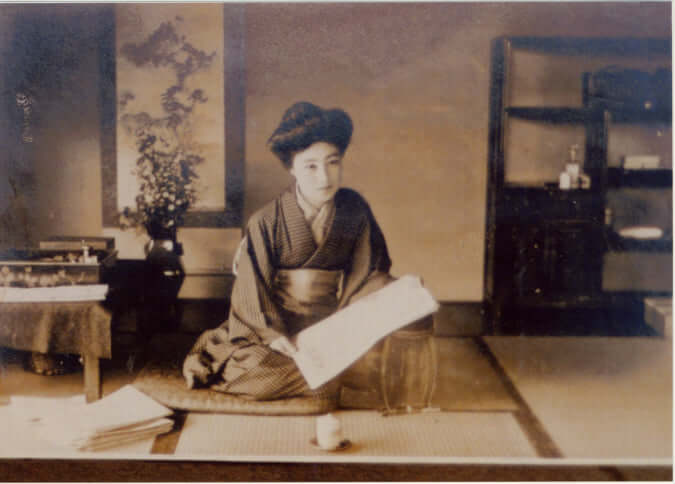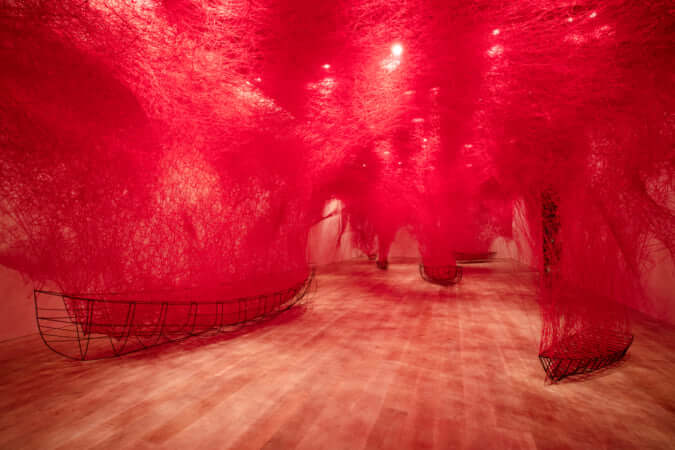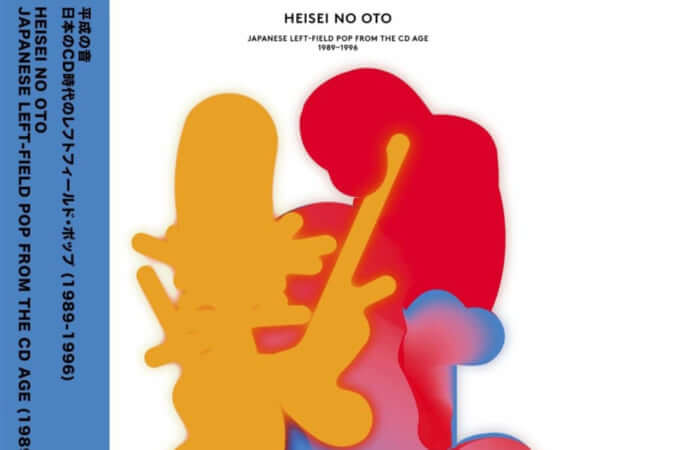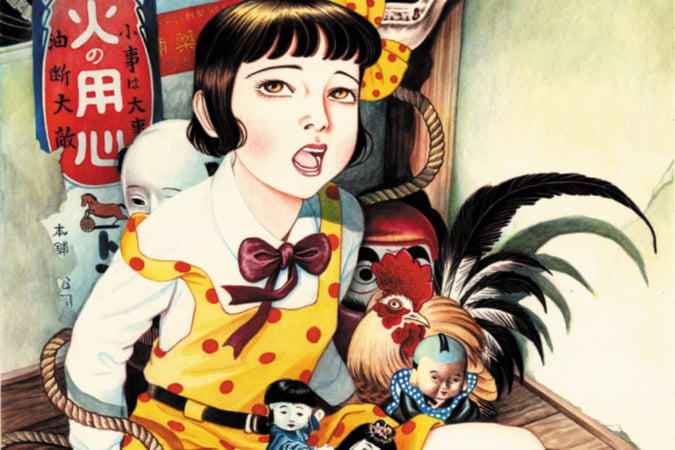Fukui, the Land of Handicrafts
Known for textiles and eyewear manufacture, Fukui also stands out thanks to its lively arts and crafts scene that embraces modernity.
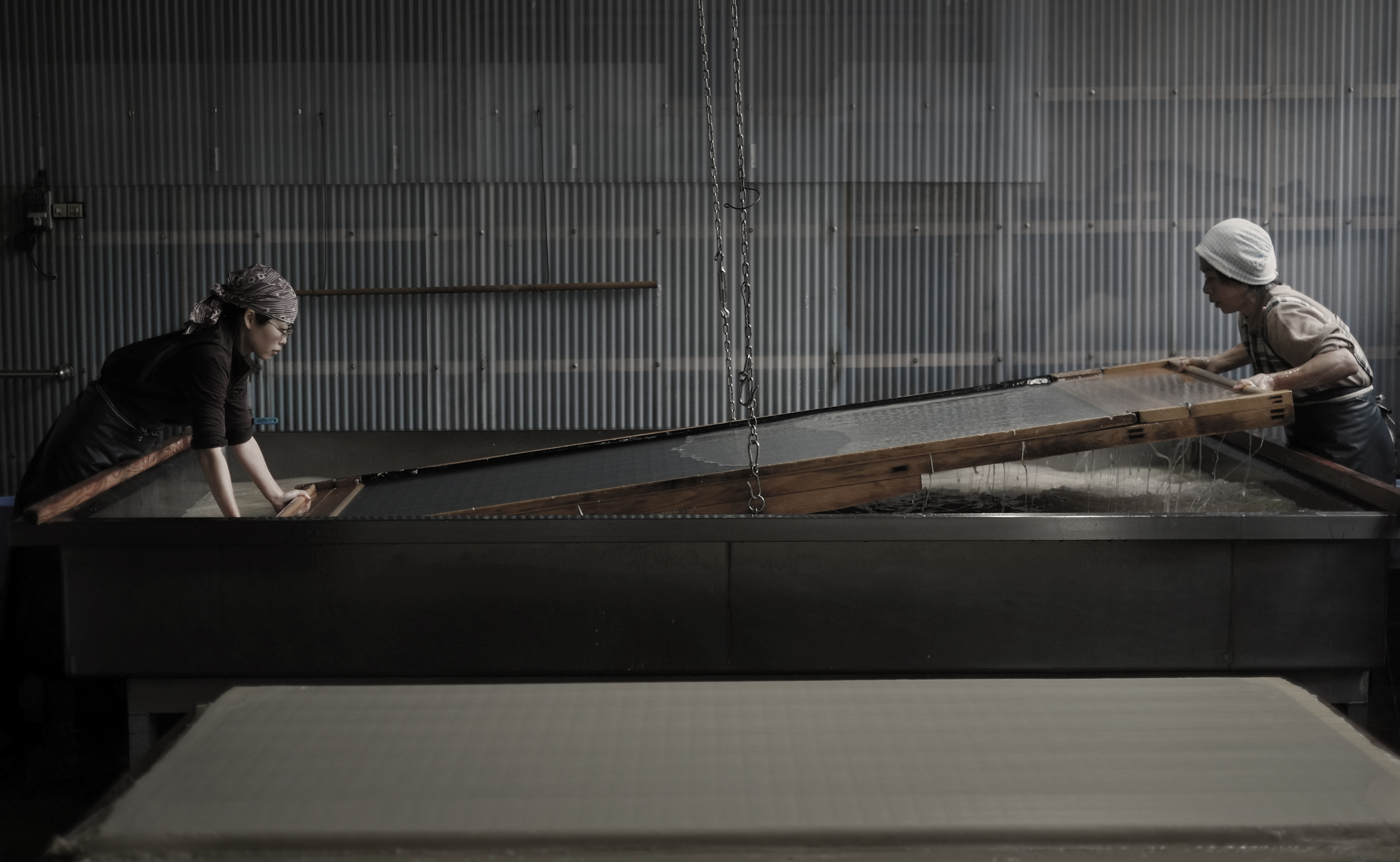
Yanase Washi
Facing the Sea of Japan, Fukui Prefecture, with its mountainous and wooded landscape, is situated very close to Kyoto. This industrious area has been renowned for centuries for the skill of its artisans, particularly papermakers and ceramicists. These techniques have endured and continue to make Fukui a breeding ground for talent, with creators of original products combining traditional craftsmanship with modern application.
Formerly known as Echizen Province, the area has long been attractive due to its political and military importance under the Tokugawa Shogunate (1603-1868), which appreciated the area’s proximity to the former imperial capital. Fukui also participated in the spread of Zen Buddhism thanks to Eiheiji Temple, nestled in a cedar forest in the heart of the mountains. Founded in 1244 by an important monk named Dogen, visitors can now experience the monastic regime and meditation there as part of a specific retreat.
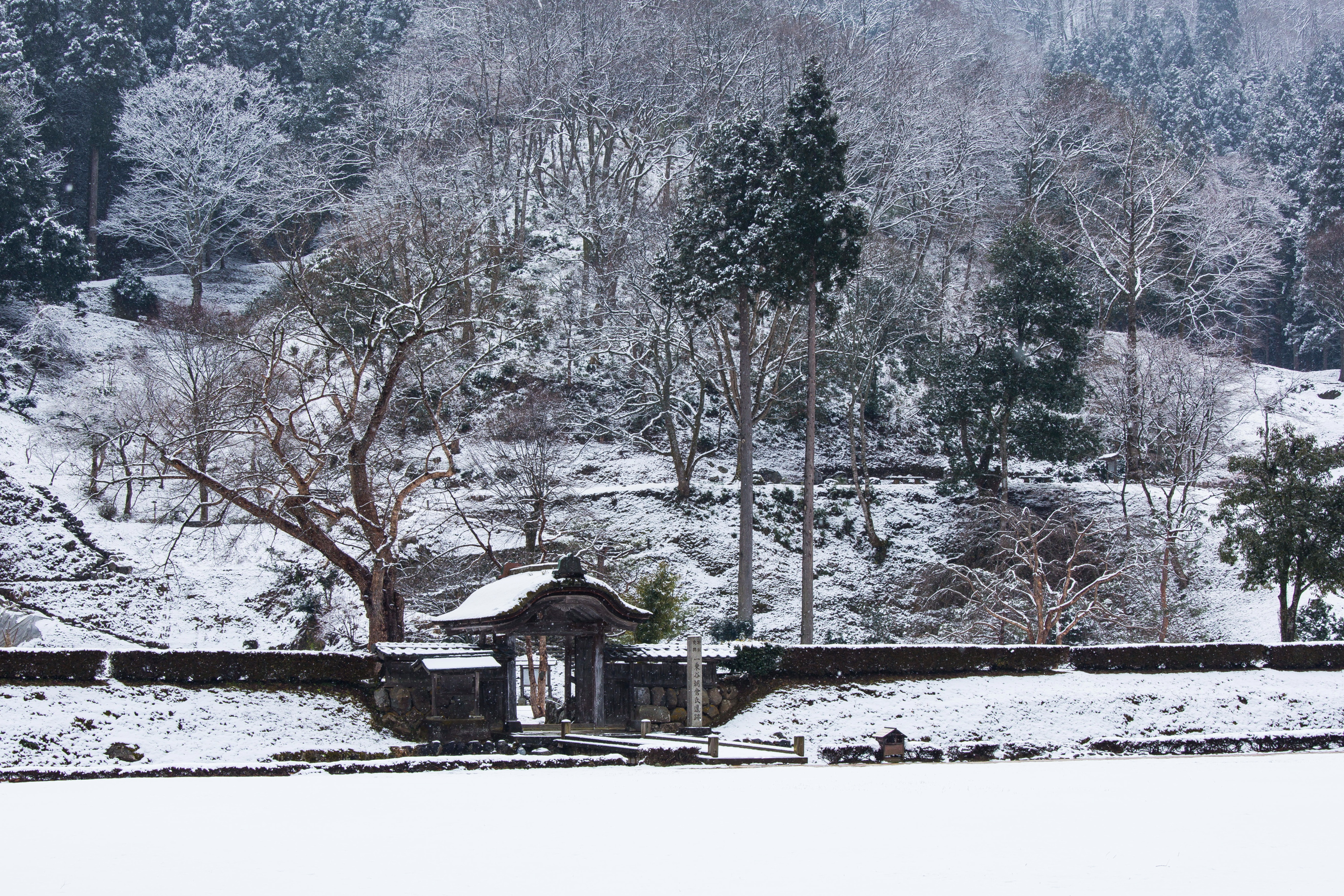
Fukui Prefecture
Unique traditional techniques adapted for modern uses
A political and cultural centre during the Edo period, when Japan was under the rule of the Shogunate, the Fukui region is also a commercial hub. The reputation of its washi paper spread across Japan, while the quality of its ceramics, known as Echizen-yaki, earned the region’s style of kiln the right to be designated as one of the country’s Six Ancient Kilns.
Fukui Prefecture is building on this heritage and is now seeking to promote its craftsmanship on an international stage. From 1 October 2020, some of its most famous products will be on display at the Maison du Saké in Paris, in the Epicerie Pasona Showroom, to mark the opening of the Fukui Paris Business Support Center. The objects have been selected by Pasona Agri-Partners Inc. and J Plug-in, a European specialist in Japanese art forms. They include ultra-flat glasses, ‘Paper Glass’, that can be slipped inside a book or wallet. The expertise displayed by talented individuals from Fukui is not restricted to arts and crafts; it also extends to other activities that are very established in the region, like eyewear manufacture and the textile industry.
Two exceptional products displayed at the Maison du Saké and inspired by local weaving techniques caught the attention of Yann Touret, founder of Maison Wabi-Sabi and partner of J Plug-in: a trim panel module inspired by Echizen Gawara (the tiles that cover the roofs of buildings in Fukui), and storage boxes made from washi paper.
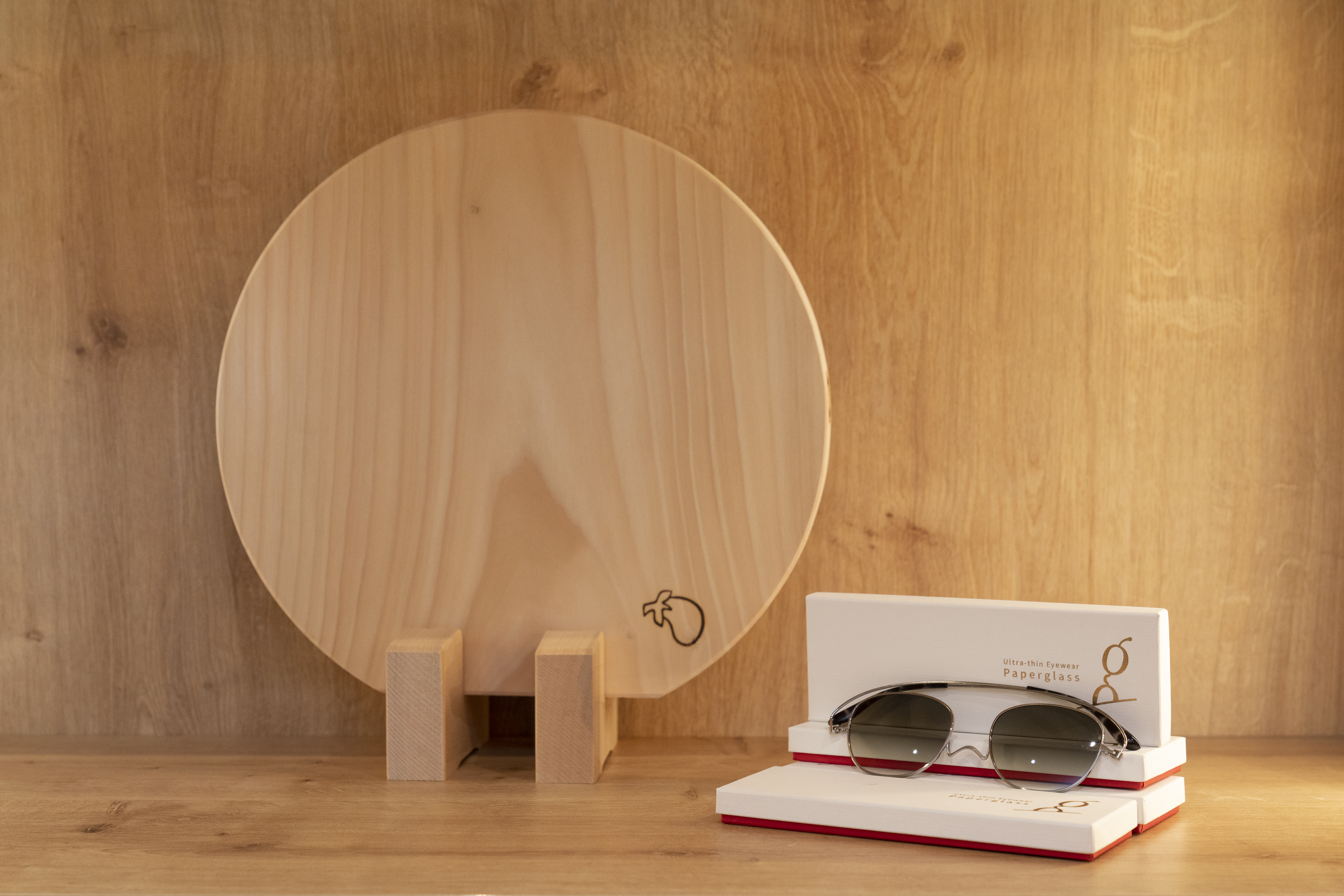
Epicerie Pasona Showroom at the Maison du Saké
An aesthetic that’s stood the test of time
‘The unique thing about these modules is that they combine the light intricacy of fabric with the weight of tiles’, explains Yann Touret. Entitled ‘Woven Ceramic Echizen Project’, the group of artisans behind the wall covering moved tiles away from their primary use to transform them into a versatile design feature, while showcasing their properties.
Used since the Edo period to cover roofs in Fukui, Echizen Gawara are curved tiles made from iron clay, which are then varnished. They have the particular quality of holding snow on roofs and stopping it from slipping off, which is an advantage in Japan’s snowiest region. Their shape also gives them great flexibility of application to create curved walls or trompe l’œil flooring.
Nicolas Triboulot, a designer who specialises in glass and ice and partner of J Plug-in, immediately spotted the potential of the tiles in the Woven Ceramic Echizen Project. ‘We’re now trying to use wall coverings to give a 3D illusion. This product creates a real relief, without artifice. It creates a form of decor using emptiness.’
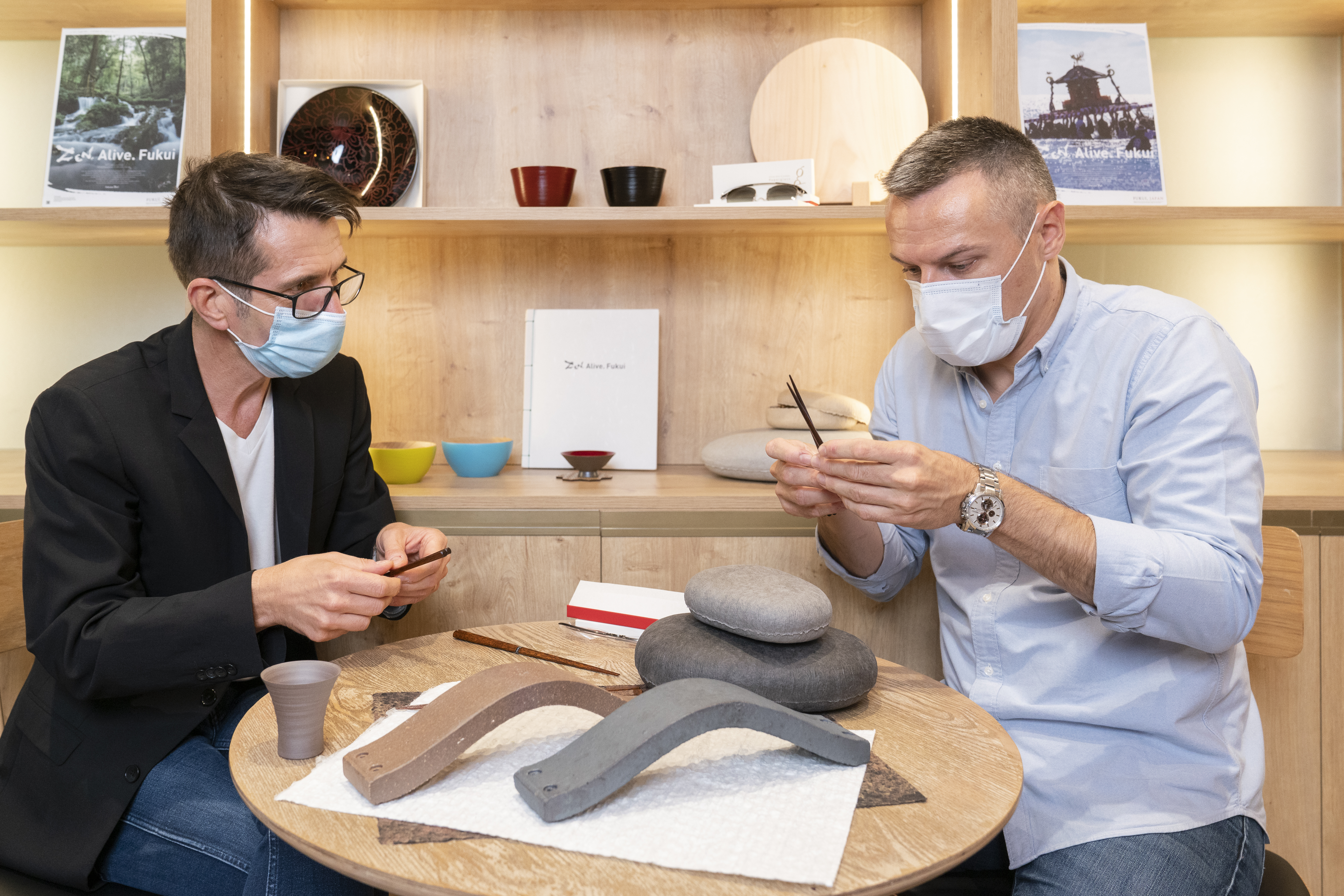
Nicolas Triboulot and Yann Touret at the Epicerie Pasona Showroom at the Maison du Saké
Products made to be used and admired
With regard to exceptional products that are easy to incorporate, the ‘Cobble’ boxes from master papermaker Yanase Washi blend in easily in western interiors. In the shape of a stone, in neutral colours and light due to being made from washi paper, and made by hand following the Echizen washi techniques that date back 1500 years, they are both useful and decorative.
Bringing together the useful and the attractive could be the credo of the Fukui region, an area that has a large number of entrepreneurs while also offering a better quality of life to those in other regions of Japan. Fukui has the highest number of working women in Japan, as well as homeowners, and its schools are admired throughout the country for their students’ results. Through its craftsmanship and knack for business, Fukui Prefecture wishes to promote its art of living. This culture is now present in Paris with the exhibition of its exceptional products at the Epicerie Pasona Showroom and the branch of the Fukui Business Support Center, represented by Pasona Agri-Partners Inc.
Epicerie Pasona Showroom at the Maison du Saké
11, rue Tiquetonne, 75002 Paris
Fukui Paris Business Support Center, only by appointment, at Pasona Agri-Partners Inc.
21, rue Saint-Augustin, 75002 Paris
contact@pasona-agripartners.fr
www.pasona-agripartners.fr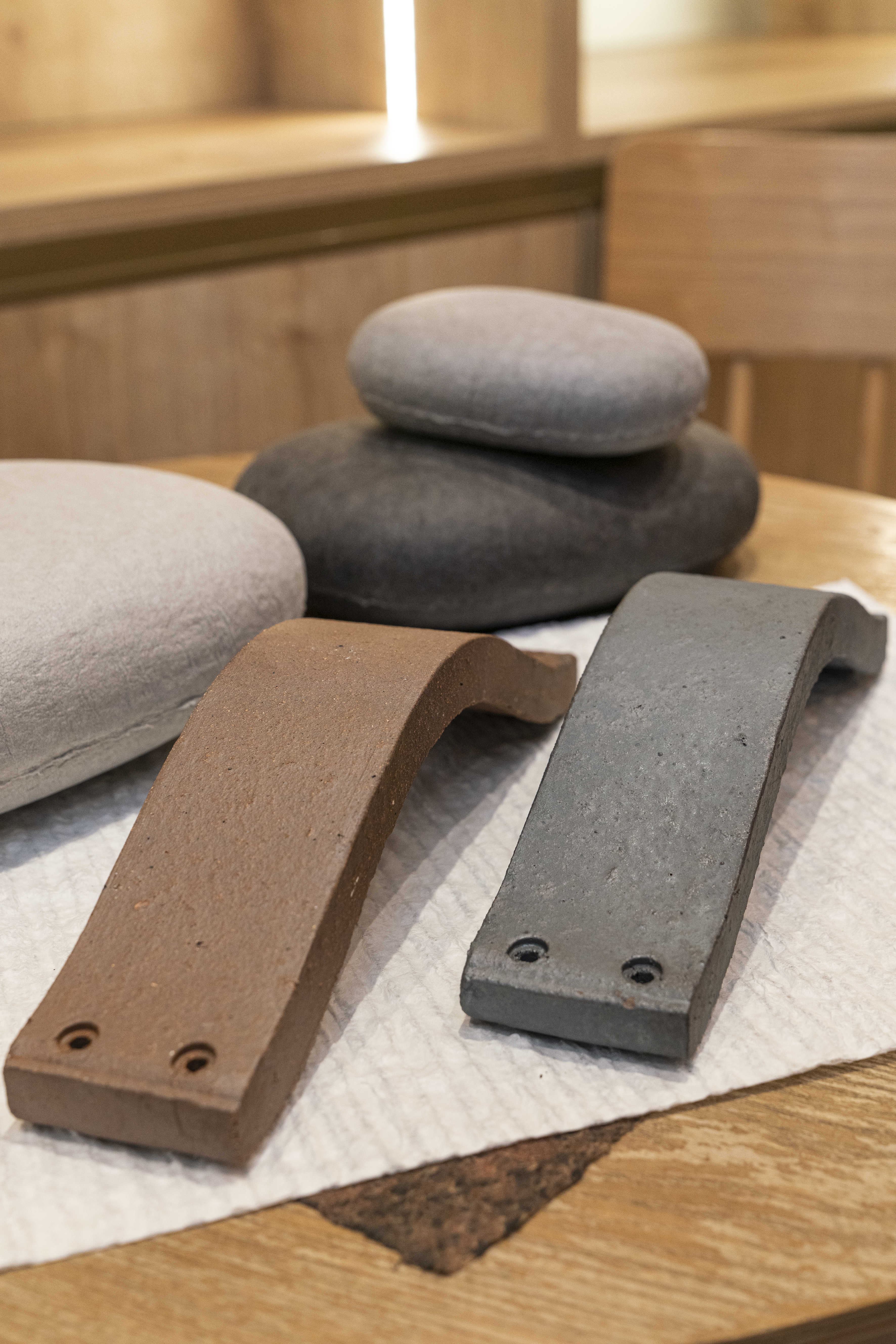
Epicerie Pasona Showroom at the Maison du Saké
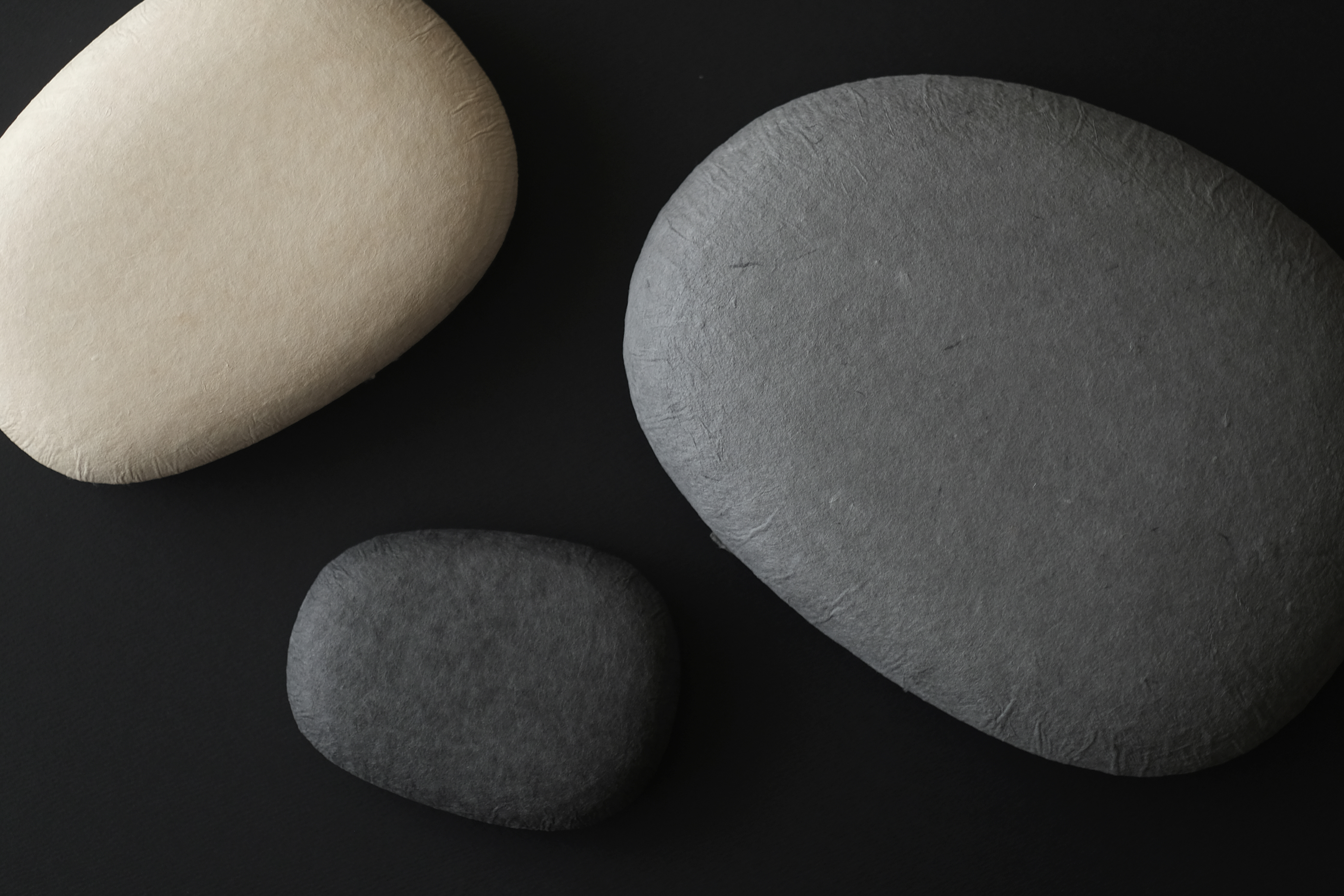
‘Cobble’ boxes by master papermaker Yanase Washi

‘Cobble’ boxes by master papermaker Yanase Washi

Woven Ceramic Echizen Project
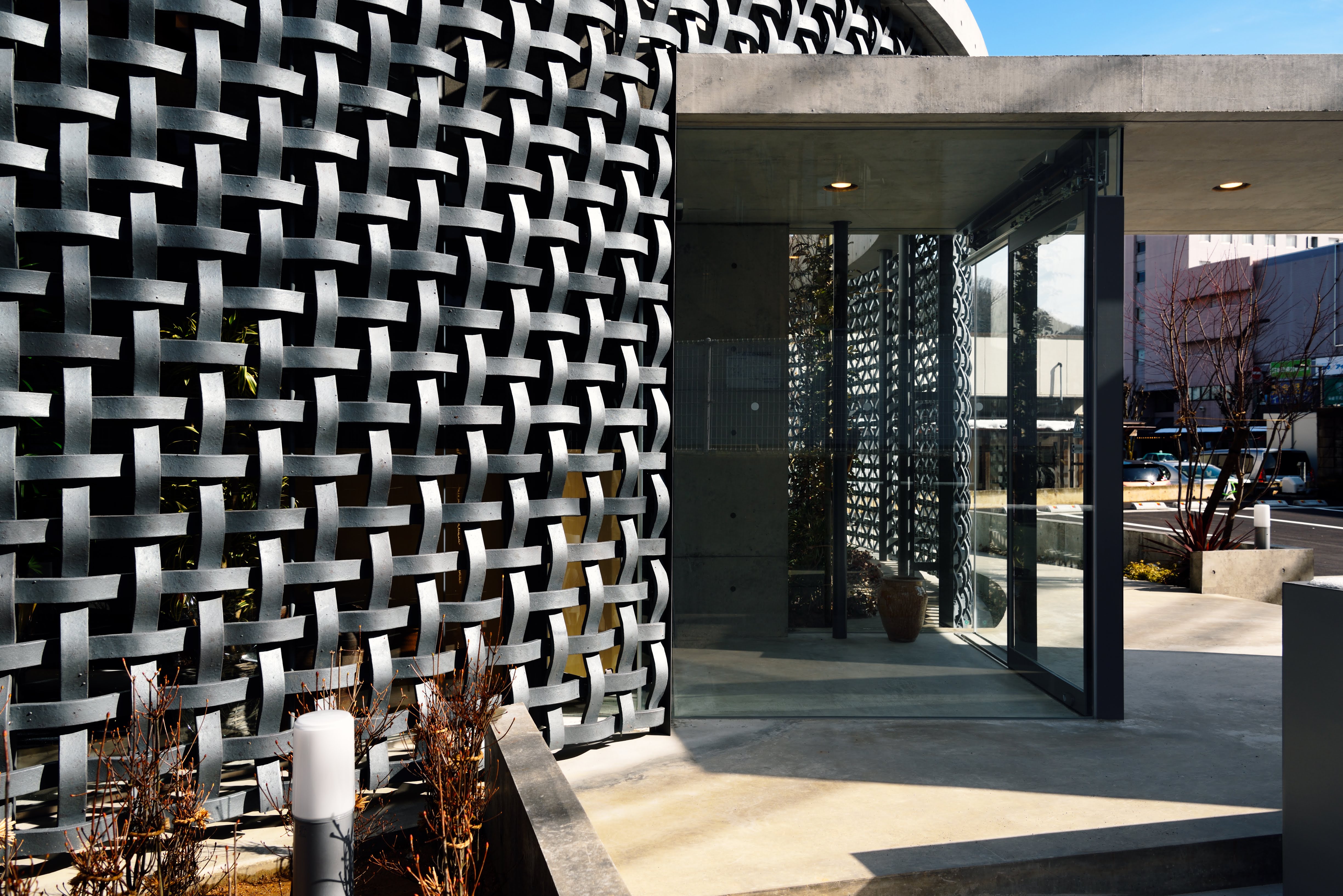
Woven Ceramic Echizen Project

Woven Ceramic Echizen Project
TRENDING
-
The Tattoos that Marked the Criminals of the Edo Period
Traditional tattoos were strong signifiers; murderers had head tattoos, while theft might result in an arm tattoo.

-
The Story of Sada Yacco, the Geisha who Bewitched Europe
Described by Dazed magazine as the first beauty influencer, she has been restored to her former glory since 2019.

-
Chiharu Shiota, Red Threads of the Soul
Last year, more than 660,000 people visited the retrospective 'Chiharu Shiota: The Soul Trembles' exhibit at the Mori Art Museum.

-
Japanese Left-field Pop From The CD Age, 1989-1996
‘Heisei No Oto’, a compilation of hidden gems in the unspoken depths of Japanese pop, reveal blissful moment of technological possibility.

-
‘Shojo Tsubaki’, A Freakshow
Underground manga artist Suehiro Maruo’s infamous masterpiece canonised a historical fascination towards the erotic-grotesque genre.


